Boiled potatoes can be a filling addition to wraps or a nutritious salad topper. Use a range of seasonings to keep things interesting.
Look for potatoes with a smooth skin and no flaws. Steer clear of those with wilted or wrinkled parts as well as dark patches that suggest they were exposed to light. Light releases glycoalkaloids, such as solanine, which can lead to respiratory and circulatory depression as well as bitter taste.
Vitamin C
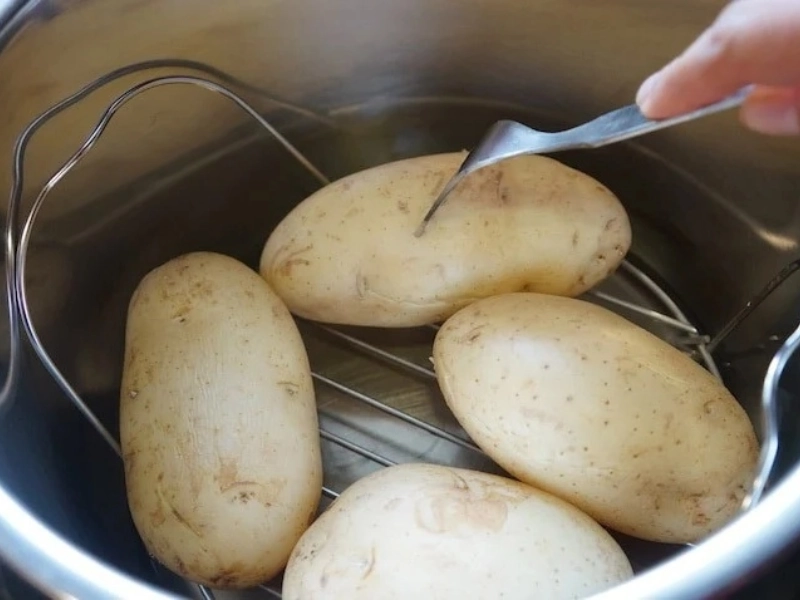
Magnesium, potassium, and vitamin C are all found in abundance in potatoes (Solanum tuberosum). While potatoes are mostly a carbohydrate-based diet, they also include a little amount of protein.
Potatoes are rich in phytochemicals since they belong to the nightshade family, which also includes tomatoes and eggplants. These substances possess antioxidant qualities.
Certain vitamins that are soluble in water may seep into the boiling potato water. This includes thiamine, niacin, and vitamins B-6 and C.
Use a produce brush ($8, Bed Bath & Beyond) to give the potatoes a good cleaning and then rinse them to prevent this. Next, put the potatoes in a pot with enough water in it and salt to cover them. Potatoes should be cooked until they are soft. After that, rinse the potatoes and reserve the water to use in soups or breads. To ensure that the potatoes cook at the same rate, it is essential to boil them in batches of the same size. By doing this, you can lessen the chance of overcooking and nutrient loss.
Vitamin B-5

A potato's preparation can yield numerous nutritional advantages. They are high in dietary fiber, potassium, and vitamins B-6 and C. They also include a lot of phytonutrients and antioxidants. Compared to other types, purple potatoes in particular may have three to four times the amount of antioxidants. Steaming or baking potatoes yields the best results.
Potatoes that are baked, microwaved, or steamed absorb less of their water-soluble vitamins, like riboflavin and thiamine. A medium-sized boiled potato has roughly 10 milligrams of vitamin C, or one-eighth of what an adult needs.
The production of red blood cells, the maintenance of a healthy neurological system, and the conversion of carbohydrates into energy all depend on B group vitamins. Blood vessel damage can be caused by homocysteine, which they aid in lowering. They can aid in restoring electrolyte balance after sweating, which makes them crucial for athletes as well. They include potassium and sodium, two of the most crucial electrolytes lost during physical activity.
Potassium
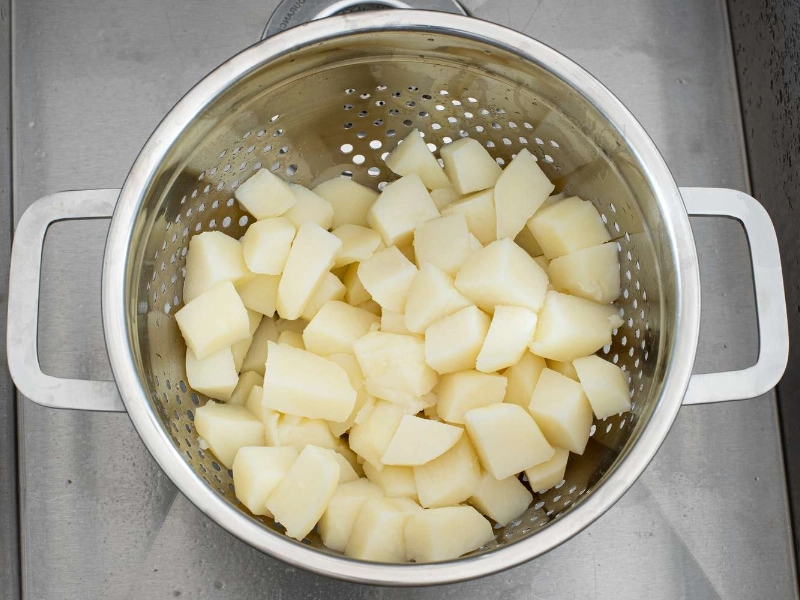
Potassium, which boosts the function of muscles and nerves, is found in potatoes. On the other hand, you should take less of this mineral if you have excessive potassium levels or renal failure. Potatoes can extract a substantial quantity of potassium when they are boiled.
While there are strategies to reduce potassium loss, such as soaking, chilling, replacing cooking water, and double boiling, the greatest defense against losing any nutrients in your potatoes is to cook them correctly. This involves not peeling or chopping them into big pieces, and thoroughly cleaning them before boiling.
This will guarantee that they cook through quickly and are manageable to eat after they have completed boiling. Additionally, because premium potatoes like Desiree, Charlotte, or Maris Peer have lower potassium levels, it's crucial to use them. Furthermore, you should refrain from adding butter or salt while cooking. Particularly vitamin C, both of these may worsen vitamin loss.
Manganese

B-5, or pantothenic acid, and vitamin C are abundant in the boiled potatoes. Vitamin C promotes a healthy immune system and aids in preventing cell damage caused by free radicals. Vitamin B-5 helps to maintain hormone levels and convert food into energy. About 0.8 milligrams of each vitamin can be found in a medium-sized boiled potato.
Manganese, a mineral necessary for strong bones and normal nervous system function, may be found in potatoes. The Institute of Medicine estimates that one boiled medium potato provides approximately 1% of the recommended daily intake of manganese.
When potatoes boil, water-soluble minerals like potassium and vitamin C may seep out into the potato water. Instead of boiling potatoes, try steaming or microwaving them to reduce these losses. The type of cooking you use will also impact the amount of nutrients in the food, so if you bake or roast your potatoes instead of boiling them, you may be able to save more of the healthy nutrients.
Advertisement
Recommended Reading: Is Fried Potatoes Nutritious?

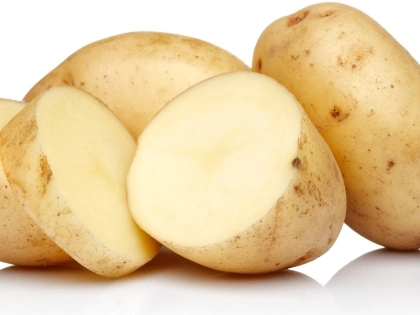


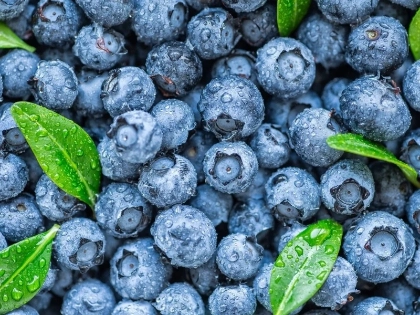





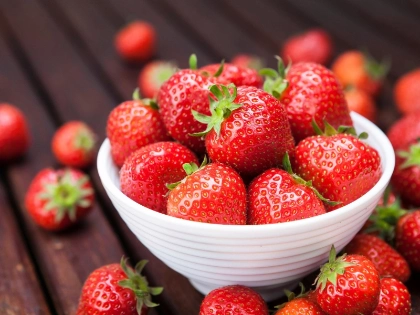
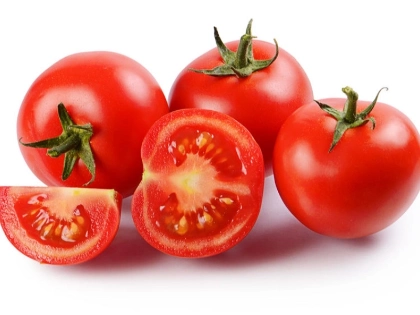



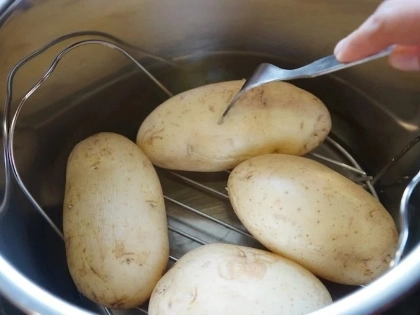


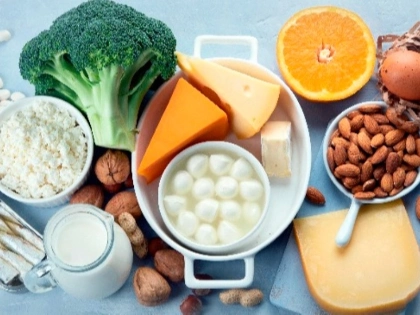
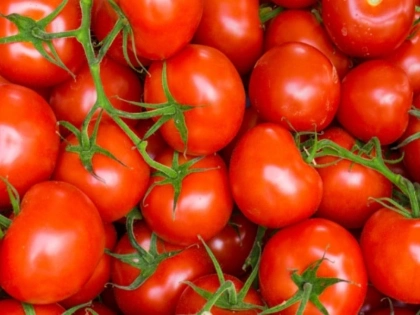
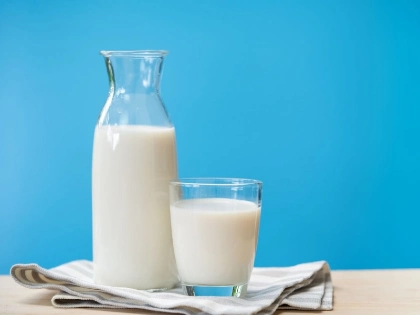
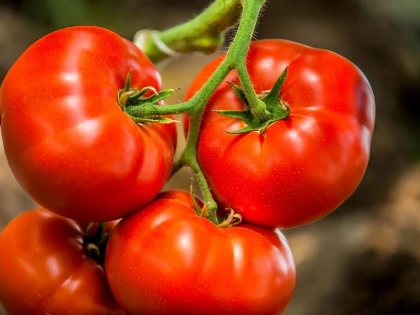


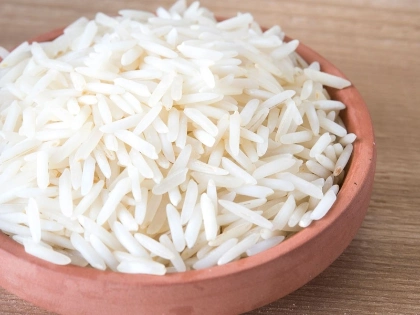
Comments
Leave a Comment
Your email address will not be published. Required fields are marked *